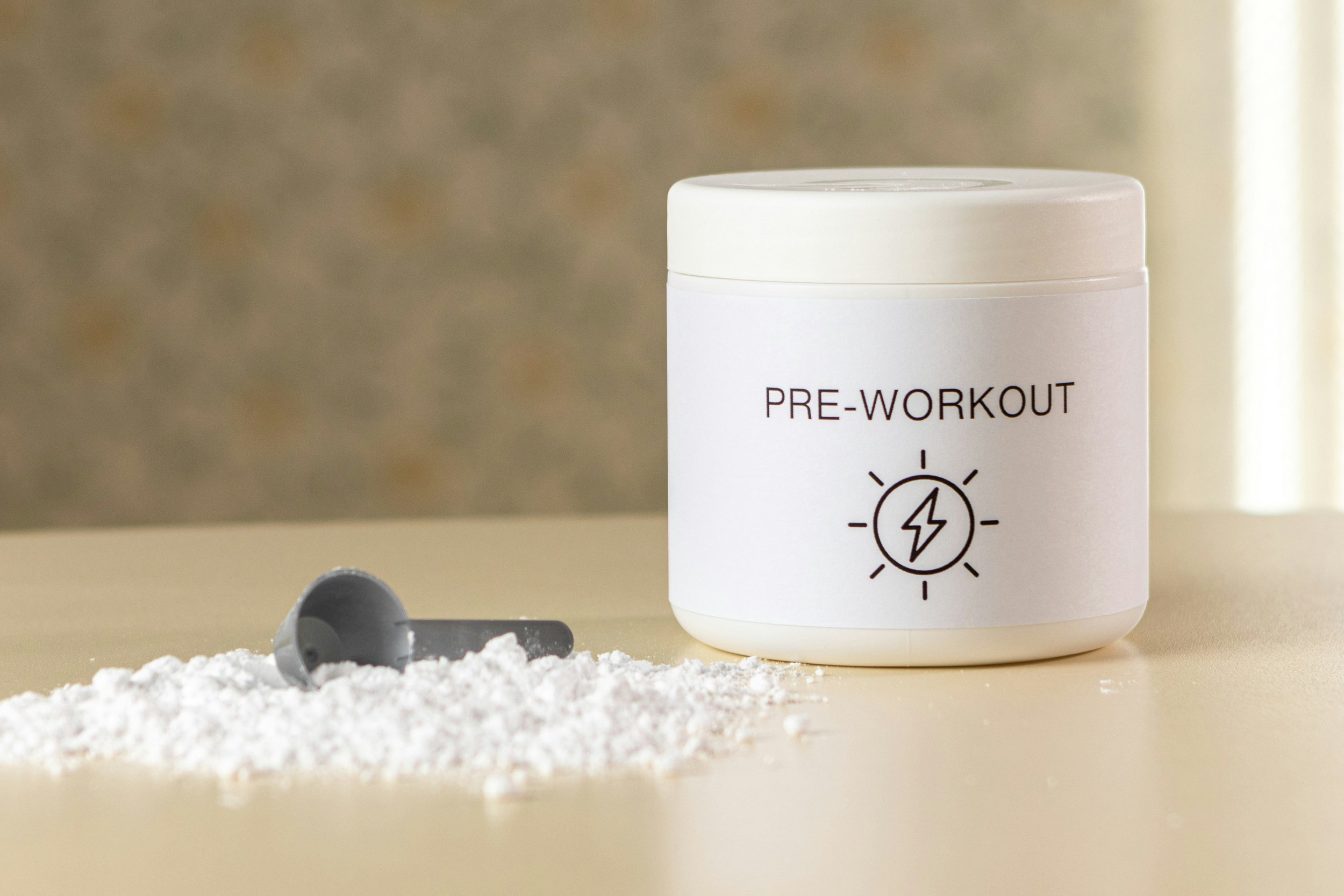In today's world of health and fitness, supplements are everywhere—promising everything from increased energy to faster muscle growth and better overall health. But do they really work? And more importantly, do you need them? If you're looking for a personal trainer in Oakland, California, understanding the role of supplements in your fitness journey is crucial. Let’s dive into what science says and help you make an informed decision.
Do Supplements Really Work?
While some supplements can provide benefits, they should never replace a balanced diet and proper exercise. According to a study published in JAMA Internal Medicine, researchers found that most dietary supplements did not significantly reduce the risk of chronic diseases like heart disease or cancer (Zhang et al., 2020). This suggests that while supplements can complement a healthy lifestyle, they are not a magic bullet.
That said, some supplements have strong scientific backing for specific purposes. Let's take a look at three of the most common types: vitamins and minerals, protein supplements, and performance enhancers.
. Vitamins and Minerals: Are They Necessary?
If you eat a balanced diet rich in whole foods, you may not need extra vitamins and minerals. However, deficiencies are common, and supplementation can help bridge nutritional gaps.
A 2019 study in the Annals of Internal Medicine found that while getting nutrients from food is linked to lower mortality, taking synthetic supplements did not show the same benefits (Chen et al., 2019). This means that whole foods should always be the priority, but supplements can be useful in cases of deficiency. For example:
Vitamin D: Essential for bone health and immune function, many people, especially those who don’t get enough sun exposure, may benefit from supplementation.
Magnesium: Important for muscle function, sleep, and stress management, but often lacking in modern diets.
B Vitamins: Useful for those with high stress levels, vegans, or individuals with absorption issues.
2. Protein Supplements: A Convenient Option
For individuals focused on muscle growth and recovery, protein supplements like whey, casein, or plant-based protein powders can be convenient. A 2020 meta-analysis published in the British Journal of Sports Medicine found that protein supplementation, when combined with resistance training, led to greater gains in muscle mass and strength compared to training alone (Morton et al., 2020).
However, it’s important to remember that you can meet your protein needs through whole foods like lean meats, eggs, dairy, and legumes. Supplements should be used when whole food sources are impractical or insufficient.
3. Performance Enhancers: Do They Deliver?
Some performance-enhancing supplements are well-researched and widely used in the fitness world. Two of the most effective include:
Creatine Monohydrate: Backed by decades of research, creatine has been shown to improve strength, power, and muscle mass. According to a 2017 study in the Journal of the International Society of Sports Nutrition, creatine supplementation consistently enhances athletic performance and muscle recovery (Kreider et al., 2017).
Caffeine: Found in pre-workout supplements, caffeine can improve endurance and focus. A study published in Sports Medicine found that caffeine enhances both strength and aerobic performance in trained individuals (Grgic et al., 2019).
While these supplements are effective, they should be used strategically and in moderation. Overuse can lead to side effects such as dehydration, jitters, or digestive discomfort.
Should You Take Supplements?
Before reaching for a bottle of supplements, consider these key points:
Food First: Aim to get nutrients from whole, minimally processed foods whenever possible.
Assess Your Needs: If you have a known deficiency, dietary restriction, or specific fitness goal, supplementation may be helpful.
Quality Matters: Choose third-party tested supplements to ensure purity and potency.
Work with a Professional: A personal trainer in Oakland, CA, or a registered dietitian can help assess your needs and guide your supplement choices.
Take Your Fitness to the Next Level at Truve
At Truve Gym in Oakland, we take a holistic approach to health and fitness. Whether you're looking to build strength, improve endurance, or enhance overall wellness, our expert personal trainers provide customized plans tailored to your goals. Supplements can play a role in your journey, but proper training, nutrition, and consistency are key to long-term success.
Ready to transform your fitness? Book a free call with our founder Alison today to discuss your goals and see if personal training is right for you!



